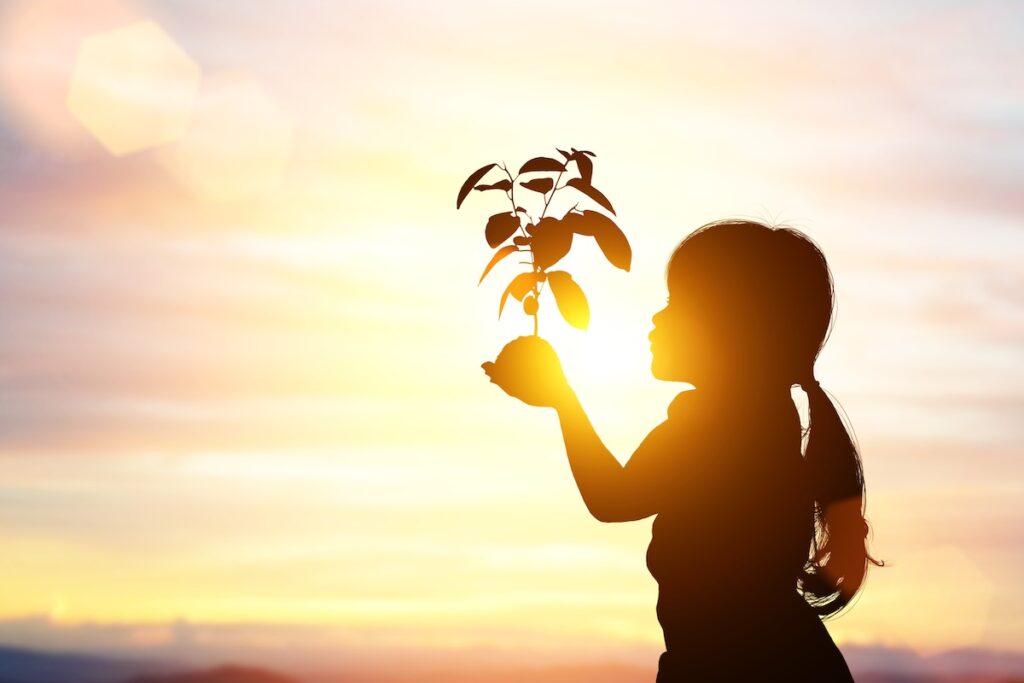It’s a tragedy that there’s so little to celebrate regarding progress made for girls in 2024 on this International Day of the Girl.
Rather than being able to highlight what’s being achieved on education, on ending child marriage and gender-based violence – we’re instead seeing the brutal toll that widening conflicts globally, as well as climate change and the erosion of democratic institutions, is having on girls’ access to education, autonomy and safety.
The world is failing these girls, despite knowing their potential and critical role in a more prosperous, peaceful and sustainable future.
The girls alive today – more than 1.1 billion of them – are not responsible for the issues globally that are reshaping power, geopolitics and the risk of disasters. But the girls of today are and will bear the brunt of such issues.
The girls alive today are not responsible for climate change and the record temperatures being experienced. They are not responsible for escalating conflicts and the rising number of refugees globally. Nor are the girls alive today responsible for how technology, including social media and AI, is reshaping democracies, how we live and work, and the concentration of power.
These girls are not responsible for laws that hinder reproductive freedoms, as well as the individuals who seek to wind back such laws for their own desires to accumulate a populist base. These girls have no say or responsibility in the governments that govern them. They have no responsibility for the judicial systems that make pursuing justice a monumental challenge for survivors of violence and rape.
A number of different reports today tell the story of girls internationally, including UNICEF’s estimate that 370 million girls and women – one in eight – have experience rape or sexual assault as children.
There is also Plan International’s report findings that conflict deepens and amplifies gender equality, and ActionAid’s accounts of the plight of girls in conflict zones like Gaza, and now Lebanon, who can barely access sanitary products and water for cleaning, let alone any kind of semblance of safety or ongoing education. Save the Children has highlighted how a girl is married every 30 seconds. Child marriages are increasing in countries affected by war, weak institutions and climate change.
Globally, 32 million adolescent girls live in “fragility-child marriage hotspots”.
While there has been some progress on girls education, one in ten of the 1.17 billion girls globally don’t attend school. Two-thirds of all countries have reached gender parity on primary school enrollment, but as we’ve seen in recent years, access to regular schooling can quickly disappear during conflict and following a disaster, while a change of political control can quickly remove access altogether, as has occurred in Afghanistan.
It’s comforting to know that girls in conflict zones like Gaza, Sudan and Ukraine can share stories of resilience and courage. Like comments shared by Fatima in Gaza in Plan International’s report today, who describes how she wants to be a photographer and that “these dreams give us a reason to endure and push forward, even when the future seems uncertain”.
These girls deserve more than their own personal hopes and dreams as a means for resilience. They deserve an adult population that is ambitious and constructive in ensuring all children have opportunity, safety and security.

